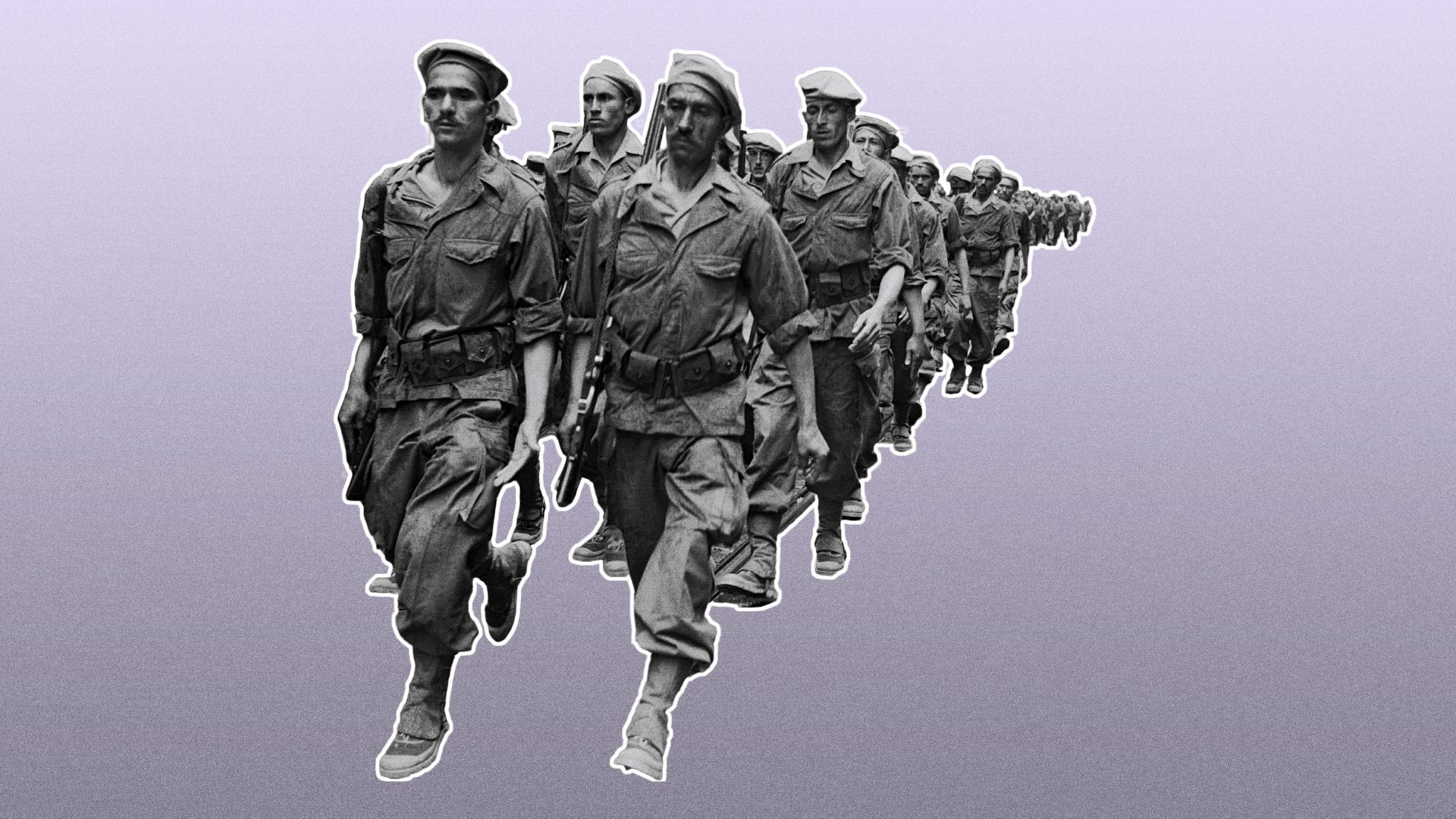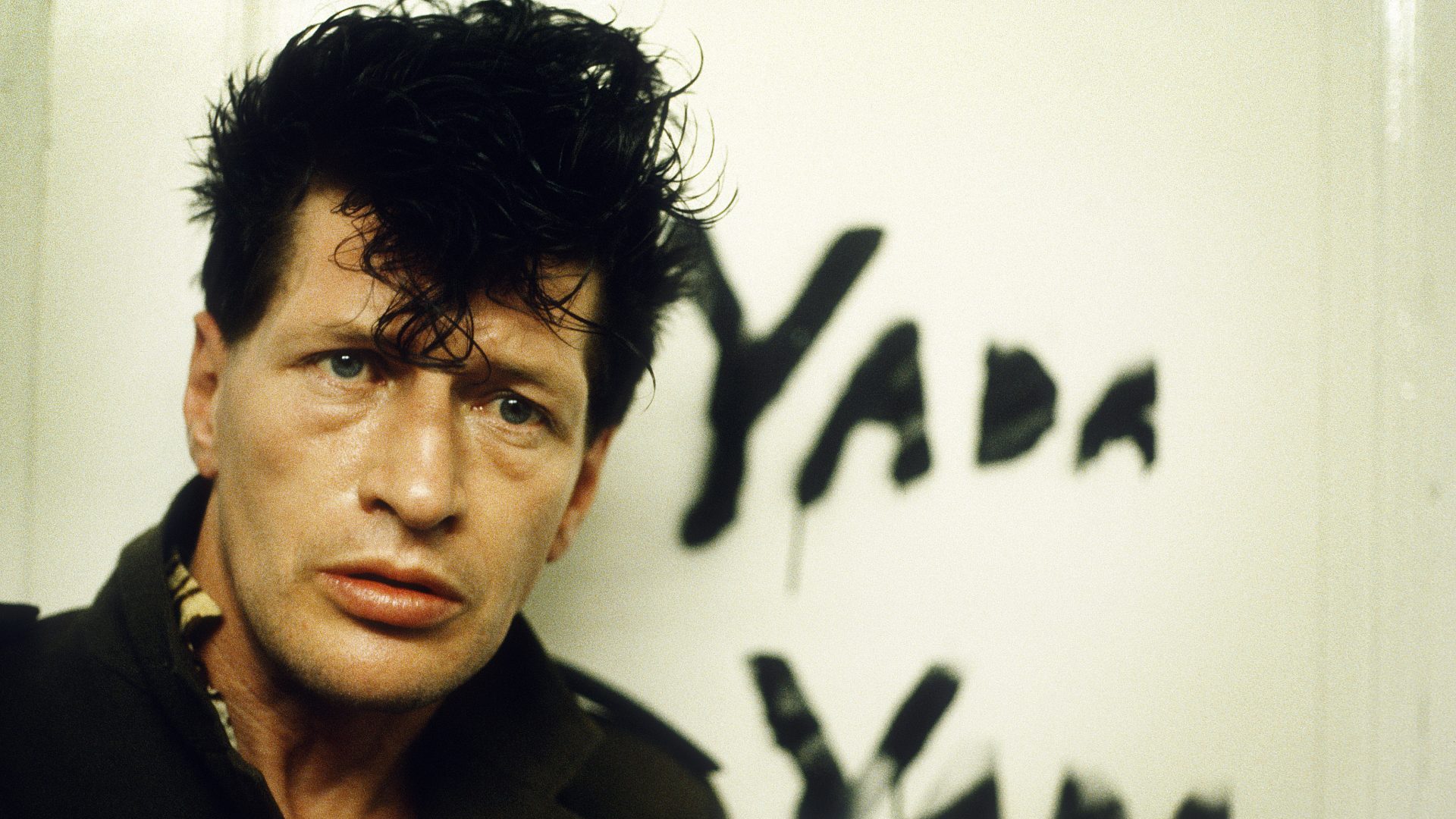What do Yevgeny Prigozhin and Mounia, the mother of Nahel M, the 17-year-old shot dead by French police last week, have in common? The answer is they’ve both challenged one of the core values of the modern nation-state – indeed, one might even call it the state’s raison d’être; namely, its monopoly on the exercise of violence.
Prigozhin’s climbdown from his rebellion against Putin’s Russia, which saw his Wagner Group forces occupy Rostov-on-Don, and send a flying column towards Moscow, is an opaque business ideologically: there’s hardly anywhere for the western virtue-signalling armchair warrior to set up their observation post when there’s a face-off between an ethno-nationalist dictatorship and a proto-fascist insurgency. But what we can say is that Putin’s failure to terminate Prigozhin – preferably with extreme prejudice – will count against him sooner rather than later.
When it comes to putting down rebellions against the state, you don’t get more efficiently expeditious than the forces commanded by Adolphe Thiers, the first president of the French Third Republic. Following their entry into Paris, in May 1871, Thiers announced to the government – which had been relocated to Versailles during the Communards’ insurrection – that “Expiation will be complete. It will take place in the name of the law, by the law, and within the law.”
A notably factitious legality – until, that is, you accept that all nation-states, whatever their jurisprudential flummery, operate on exactly the same core principle as Judge Dredd:
I am the law. During the so-called semaine sanglante, or “bloody week”, it’s estimated that anything up to 20,000 of the Communards and their sympathisers were executed, the majority of them summarily, as the City of Light went through a very dark period indeed.
Brit tourists debouching jollily from Eurostar trains at the Gare du Nord this summer might like to reflect on this, since they’ll be treading on the bones of some of those subjected to Thiers’s “expiation”: executions were carried out at the station, and the bodies buried in mass graves by the trackside. Those 1980s synth-pop stars Jimmy Somerville and Richard Coles might also like to reflect on quite how inappropriate their band name really was next time they cash a royalty cheque.
But anyway, I digress: it’s this minatory psychogeography that lies just beneath the surface of contemporary Paris – the shooting of Nahel M took place in Nanterre, the same suburb where the Situationist-inspired student protests gave rise to Les Evenements of May 1968 – and if you want dig a little deeper beneath the streets of Paris, you don’t find the beach implied by the protesters’ playful slogan – “Sous la pavé, la plage” – but the grim remains of other massacres and repressions.
The terrorist attacks at the Bataclan music venue and the Stade de France in November, 2015, together with drive-by shootings at other locations, were a grotesque sort of overlay on the events of October 1961, when peaceful demonstrations by French Algerians were broken up by the Paris Police, and an estimated 200 were murdered by being thrown into the Seine. That the head of the force at the time was Maurice Papon, a Nazi collaborationist responsible for the deportation of Jews who subsequently died in the Holocaust, places these incidents in a macabre sort of go-round.
But if history is a nightmare from which President Macron is trying to awake, the question has to be: who should be sacrificed? His first response was to condemn the shooting of Nahel M, a boy of Algerian heritage. Then he and Mme Macron went to see Elton John play one of the dates on his farewell tour – a move widely criticised as frivolous, given that as Manu was singing along to Someone Saved My Life Tonight (“I’m strangled by your haunted social scene / Just a pawn outplayed by a dominating queen”) the riots inspired by Mounia were spreading like sepsis through the French body-politic. Perhaps he’d have got away with it if the Communards had been the ones playing – but I doubt it.
The next day Macron cleaved to the violence of which he is the chief monopolist – for by then there had been rioting throughout French towns and cities, with hundreds arrested as the deep racist divide underpinning the Fifth Republic was once more exposed, as it had been in the riots of 2005. A regime founded on its predecessor’s inability to deal with the post-colonial war in Algeria is suffering from successive iterations of its own inability to deal with the long aftermath of that war.
And of course, while she may not have a military outfit like the Wagner Group at her disposal, there’s a proto-fascist waiting in the wings of French political theatre, in the shape of Marine Le Pen – while Macron has himself been accused of being dictatorial by the right and the left, as he’s forced his pension reforms through by decree…



